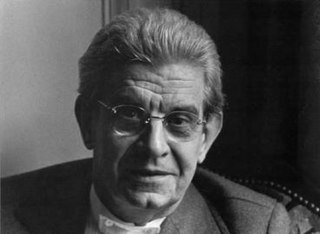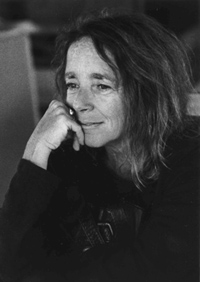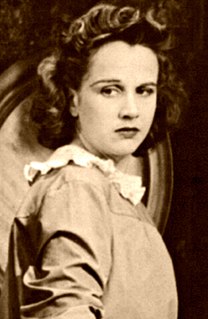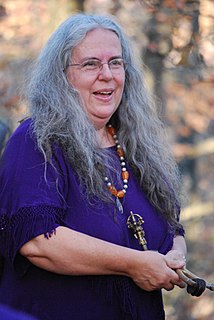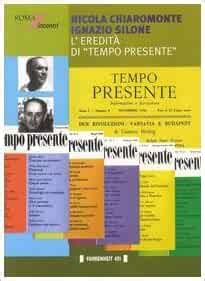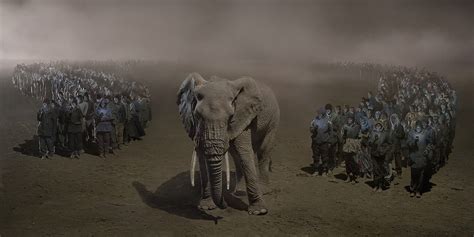A Quote by Jacques Lacan
As is known, it is in the realm of experience inaugurated by psychoanalysis that we may grasp along what imaginary lines the human organism, in the most intimate recesses of its being, manifests its capture in a symbolic dimension.
Related Quotes
The basic problem is not political, it is apolitical and human. One of the most important things to do is to keep cutting deliberately through political lines and barriers and emphasizing the fact that these are largely fabrications and that there is another dimension, a genuine reality, totally opposed to the fictions of politics: the human dimension which politics pretend to arrogate entirely to themselves. This is the necessary first step along the long way toward the perhaps impossible task of purifying, humanizing and somehow illuminating politics themselves.
The poet Marianne Moore famously wrote of 'real toads in imaginary gardens,' and the labyrinth offers us the possibility of being real creatures in symbolic space...In such spaces as the labyrinth we cross over [between real and imaginary spaces]; we are really travelling, even if the destination is only symbolic.
In conscious life, we achieve some sense of ourselves as reasonably unified, coherent selves, and without this action would be impossible. But all this is merely at the 'imaginary' level of the ego, which is no more than the tip of the iceberg of the human subject known to psychoanalysis. The ego is function or effect of a subject which is always dispersed, never identical with itself, strung out along the chains of the discourses which constitute it.
Also known as May Eve, May Day, and Walpurgis Night, happens at the beginning of May. It celebrates the height of Spring and the flowering of life. The Goddess manifests as the May Queen and Flora. The God emerges as the May King and Jack in the Green. The danced Maypole represents Their unity, with the pole itself being the God and the ribbons that encompass it, the Goddess. Colors are the Rainbow spectrum. Beltane is a festival of flowers, fertility, sensuality, and delight.
The truth of literature and art has always been granted (if it was granted at all) as one of a "higher" order, which should not and indeed did not disturb the order of business. What has changed in the contemporary period is the difference between the two orders and their truths. The absorbent power of society depletes the artistic dimension by assimilating its antagonistic contents. In the realm of culture, the new totalitarianism manifests itself precisely in a harmonizing pluralism, where the most contradictory works and truths peacefully coexist in indifference.
People make fun of cybersex, but it's really something to take into account: it is a drama, a split of the human being! The human being can now be changed into some kind of spectrum or ghost who has sex at a distance. That is really scary because what used to be the most intimate and the most important relationship to reality is being split. This is no simulation but the coexistence of two separate worlds.
?Reading good literature is an experience of pleasure...but it is also an experience of learning what and how we are, in our human integrity and our human imperfection, with our actions, our dreams, and our ghosts, alone and in relationships that link us to others, in our public image and in the secret recesses of our consciousness.
I've known great happiness in my life along with great darkness, and a question that has repeatedly entered my poetry has been, how do we use the direct experience of happiness that may be given us, whether of love and sexuality or creativity or the sense of connectedness with other beings, human and otherwise?
It is probably true quite generally that in the history of human thinking the most fruitful developments frequently take place at those points where two different lines of thought meet. These lines may have their roots in quite different parts of human nature, in different times or different cultural environments or different religious traditions: hence if they actually meet, that is, if they are at least so much related to each other that a real interaction can take place, then one may hope that new and interesting developments may follow.
I want to get a real sense of intimate connection with each of the animals - with that particular lion or elephant in front of me. I believe that being that close to the animal makes a huge difference in the photographers ability to reveal its personality. You wouldn't take a portrait of a human being from a hundred feet away and expect to capture their spirit; you'd move in close.
